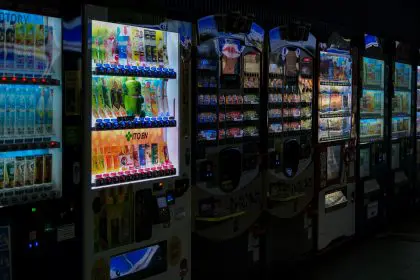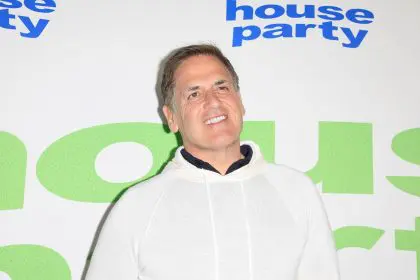 Darrell Williams
Darrell Williams
Ph.D. Economist and Publisher, www.theloop21.com
Darrell Williams has spent his entire “professional life finding solutions to complex economic problems.” The trained economist has B.S., M.S., and Ph.D. degrees on the subject. The former White House economist and consultant and advisor to Fortune 500 companies and the government, launched TheLoop21.com to help people elevate their “economic game.” TheLoop21.com has commissioned an economic survey of black America and is encouraging persons of color from all economic backgrounds to participate. –yvette caslin
Why did you decide to become an economist?
There are three “systems” that govern America — the legal, political and economic systems. The African American community has many lawyers and politicians. At a young age, I saw a need for expertise to address the economic issues confronting our community, so I studied economics to better understand the challenges to economic progress for African American people.
Why is it important to provide a clear assessment of the economic status of blacks if we are a minority? What is our impact? Do we really make a difference?
An assessment is needed because I believe that every citizen has the right to an equal opportunity to succeed. The individual guarantees contained in the Bill of Rights of ‘life, liberty and the pursuit of happiness’ requires it. People can’t effectively pursue happiness if there are structural barriers to opportunity. Regarding the question of impact, our entire society is better off if we fully utilize all of our resources, including our human resources. America competes in a global economy. In order to prevail, we need our best and brightest. Some may see African Americans as just another ‘minority’ group, but I see a group of highly creative and innovative people. America benefits from that creativity.
What is your position on the current state of the “black economy?”
There are clearly some major challenges. But I am concerned that we generally emphasize our economic shortcomings and often completely overlook our progress. In many ways, there is not ‘a’ black economy but two black economies — one facing significant challenges and another meeting the challenges of the global economy with great success. We need to tell the entire story not just the negative part because the partial story is misleading. For example, the Hispanic population has big pockets of poverty amidst its economic gains but we hear mostly about the ‘positive’ impact of the Hispanic population and its growth. In contrast, we hear mostly about the dismal economic situation in the African American population. But when you look at 2012 buying power projections for the two groups, the difference is less than 10 percent. Despite our challenges, the ‘black economy’ is a vital segment of the U.S. economy, always has been and always will be.










